National Assembly delegate Hoang Van Cuong warned that if hospitals and universities are left to be autonomous, to take care of themselves by borrowing capital, paying interest and paying principal, then patients and students will have to bear the consequences of high service costs.
On the morning of November 5, the National Assembly discussed in the hall the implementation of the state budget in 2024, the state budget estimate, and the central budget allocation plan for 2025.
Prof. Dr. Hoang Van Cuong, former Vice President of the National Economics University, shared many concerns related to budget allocation for the health and education sectors.
Investment in human factors is still vague
Delegate of Hanoi Hoang Van Cuong said that high-quality human resources - the human factor - is always considered a breakthrough with a decisive role but has not received the necessary investment. Typically, investment ineducation to develop intelligence and investment in health to improve vitality seem to be vague.
The delegate cited that in 2024, of the total of about 120 trillion VND allocated for public investment, the Ministry of Health will be allocated about 1.2 trillion VND, accounting for about 1%; the Ministry of Education and Training will be allocated 1.5 trillion VND, accounting for 1.2%. Similarly, it is expected that in 2025, the total allocated public investment will be about 148 trillion VND, of which the Ministry of Health will be allocated 5.7 trillion VND, accounting for 3.7%; the Ministry of Education and Training will be allocated 2.9 trillion VND, accounting for 1.9%.
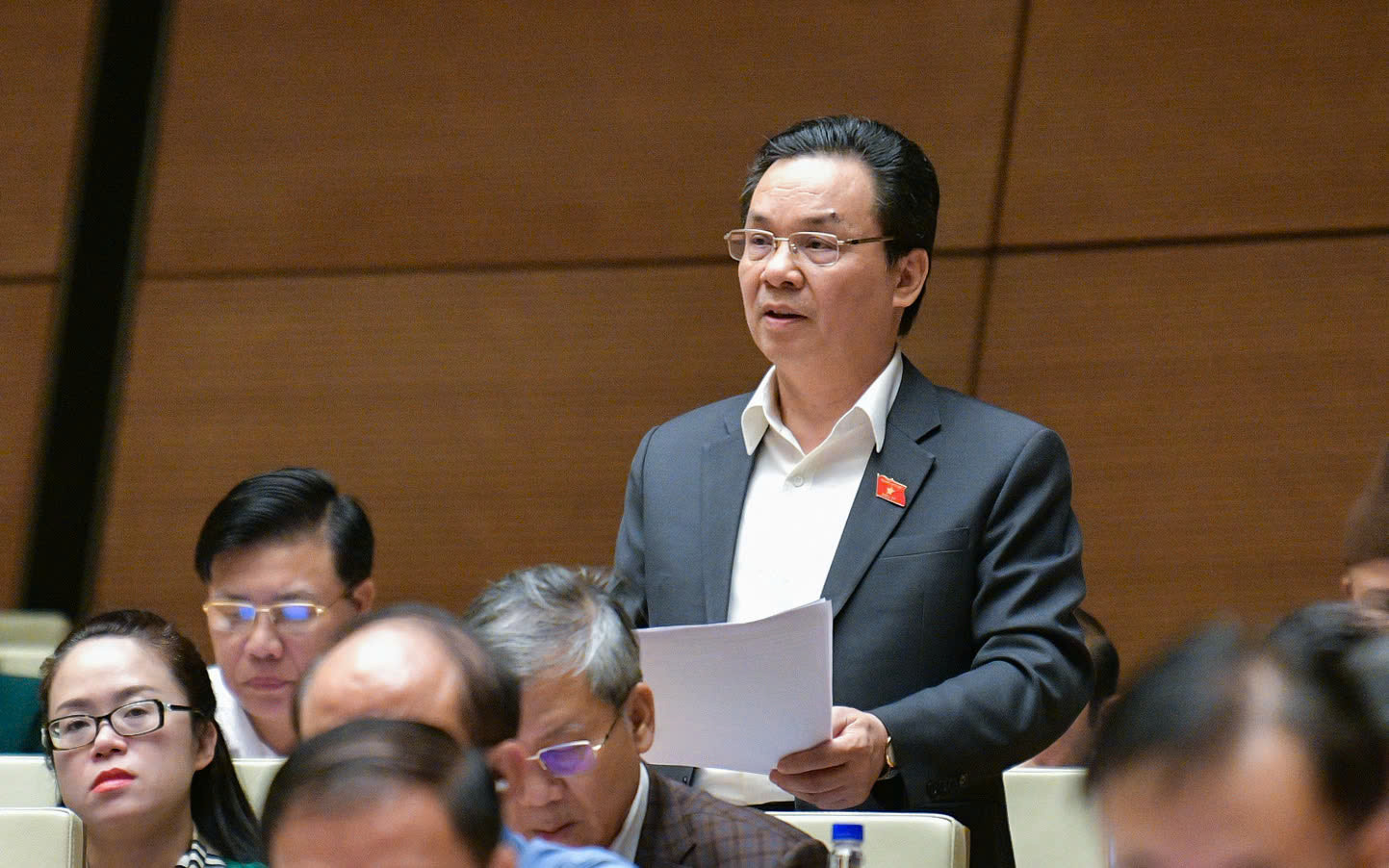
In the plan to allocate reserve capital for the 2021-2025 period and increase budget revenue in 2022, totaling over 50 trillion, both education and health sectors are not named.
"With such a low level of capital allocation for development investment in health and education, how can hospitals under the Ministry of Health and universities under the Ministry of Education and Training have capital for development investment?" Mr. Cuong said.
Mr. Cuong cited that during a recent meeting in Viet Tri, when he visited the General Hospital and the Maternity and Pediatrics Hospital of Phu Tho province, which are two hospitals that have implemented an autonomous mechanism, he was surprised by the modernity of the place.
“When I arrived at the gate, I was really surprised, I couldn’t believe it was a hospital because it was as beautiful as a 5-star hotel. The reception, examination, treatment and inpatient rooms, service areas, children’s play areas... were all exactly like an international hospital,” Mr. Cuong said.
However, he said, the concern of hospital leaders is how to pay the 11% interest on the loan to build that modern facility.
If only depreciation is calculated for reinvestment and to offset regular expenses in accordance with the spirit of autonomy in investment and regular expenses, the hospital can be assured of implementation, and the price of medical services will be at a moderate level.
“But if we add to that the 11% interest cost of the loan, the price of medical services will increase dramatically. It is unreasonable that patients, who should only have to pay for the cost of medical examination and treatment, now have to pay an additional amount of bank loan interest,” Mr. Cuong analyzed.
Patients and students have to bear both bank interest.
According to Mr. Cuong, this is the reason why large central hospitals such as Bach Mai and Viet Duc do not dare to accept autonomy. It is better to let patients share beds or lie on stretchers on the floor than to borrow investment capital and then have to pay the cost of the patients plus bank interest. The delegate said that the same thing happens to autonomous universities.
“If we leave hospitals and universities to be autonomous, they will not only have to calculate depreciation to reinvest and cover regular expenses, but also have to take care of themselves, manage by borrowing capital, and pay interest and principal, resulting in patients and students having to bear high service costs,” Mr. Cuong warned.
From there, delegates suggested that it is necessary to reconsider the allocation of development investment capital from the state budget to medical and educational facilities, at least enough to invest in construction and initial equipment, then hand over to schools and hospitals for autonomy.
According to the delegate, only then can medical and educational facilities truly be autonomous. Patients and students will not have to bear high costs.
“Investment in any field is important and urgent, but if we only transfer a small portion from other fields to healthcare and education, tens of millions of students and patients will enjoy better service quality and more reasonable costs. The goal of comprehensively developing high-quality human resources will be the driving force for sustainable development,” said delegate Hoang Van Cuong.
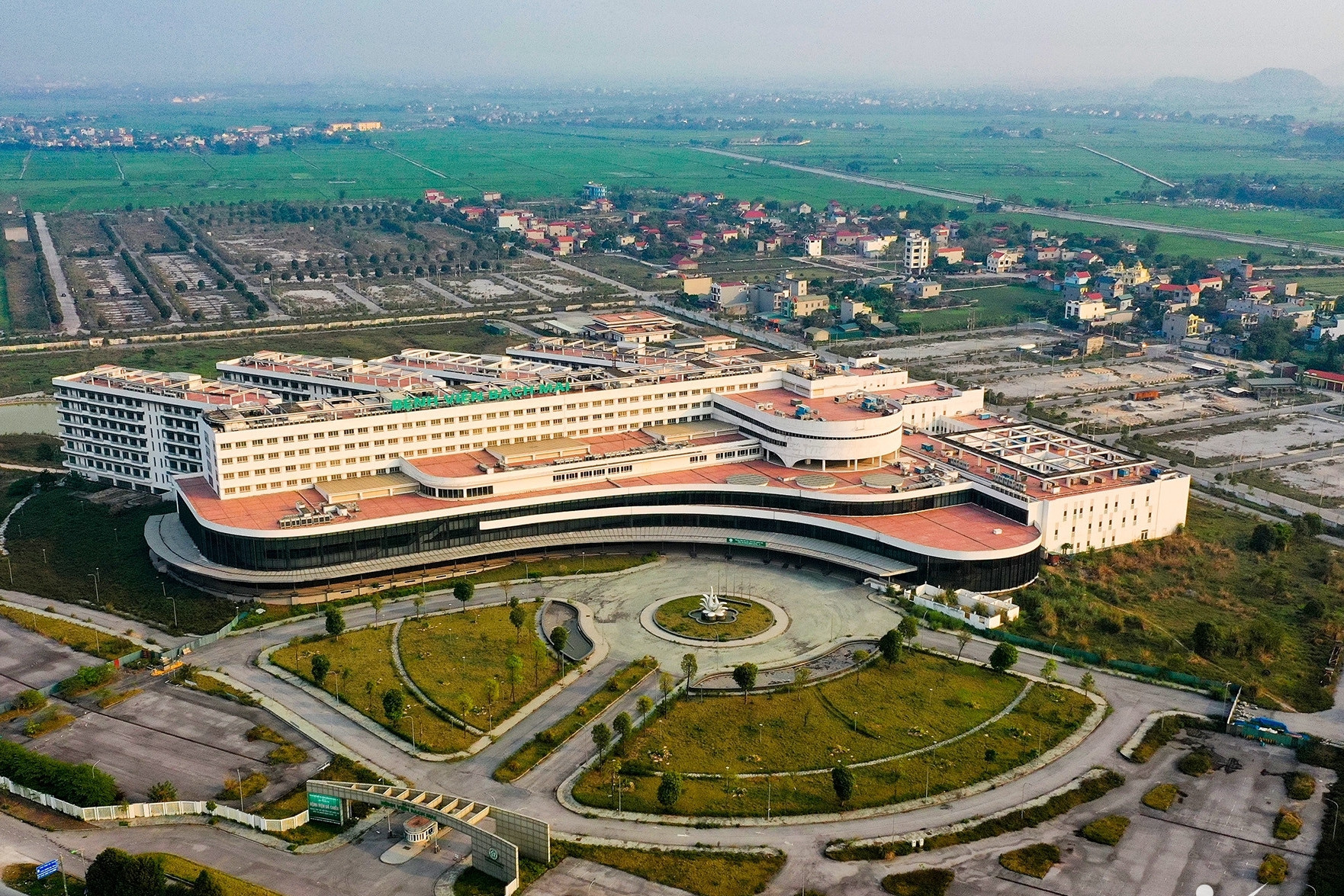
Delegates impatient with 10,000 billion hospital project shelved for 2 terms
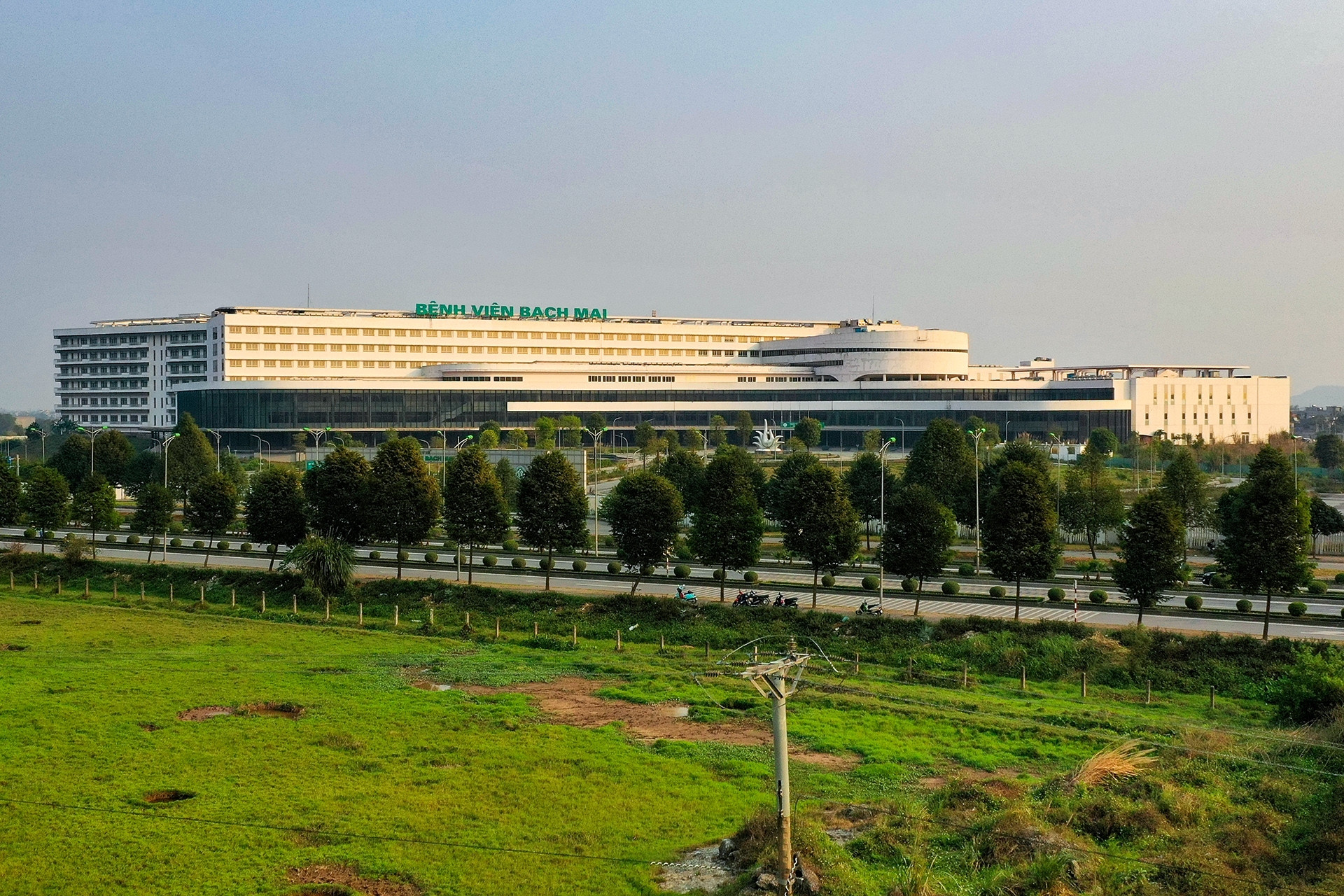
Land waste is making 'the land cry, the people lament'
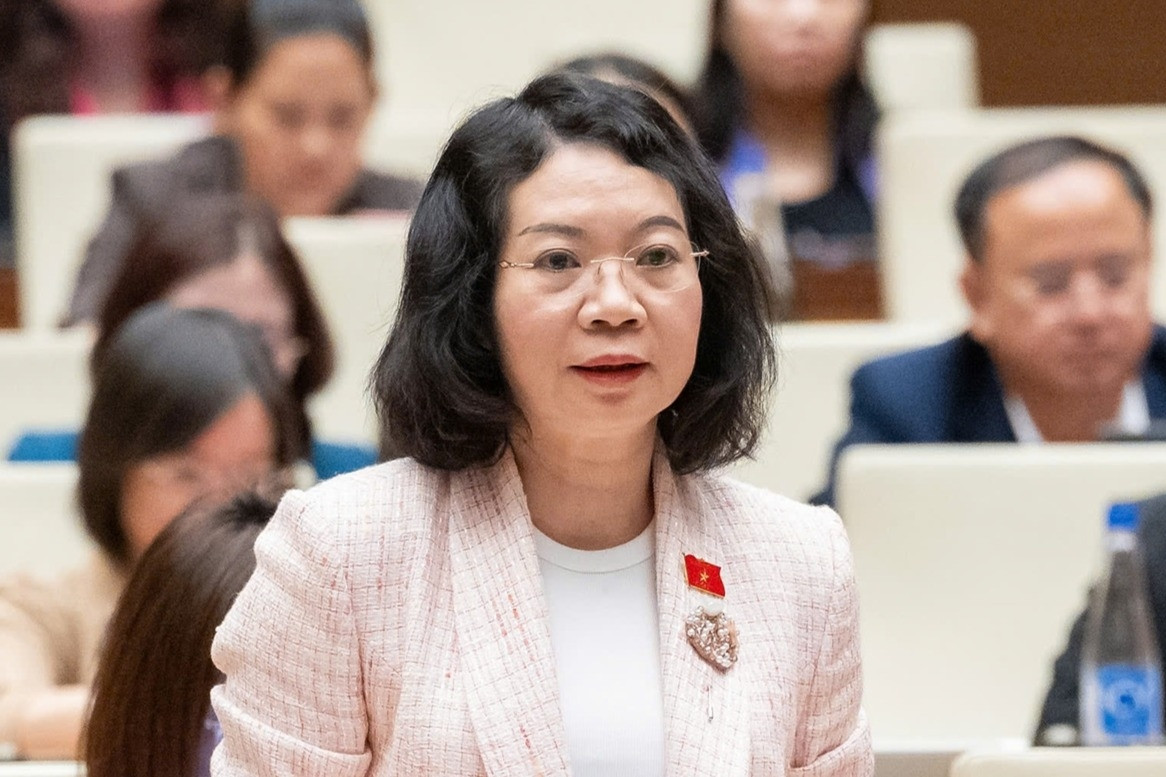
Fighting waste like fighting corruption, the country will stand firm in the new era
Source: https://vietnamnet.vn/tu-chu-theo-kieu-tu-lo-nguoi-benh-nguoi-hoc-phai-ganh-ca-lai-ngan-hang-2338784.html




![[Photo] Party and State leaders attend the special art program "You are Ho Chi Minh"](https://vphoto.vietnam.vn/thumb/1200x675/vietnam/resource/IMAGE/2025/5/18/6895913f94fd4c51aa4564ab14c3f250)
![[Photo] Many young people patiently lined up under the hot sun to receive a special supplement from Nhan Dan Newspaper.](https://vphoto.vietnam.vn/thumb/1200x675/vietnam/resource/IMAGE/2025/5/18/6f19d322f9364f0ebb6fbfe9377842d3)
![[Photo] Ready for the top competitions of Vietnamese table tennis](https://vphoto.vietnam.vn/thumb/1200x675/vietnam/resource/IMAGE/2025/5/18/9c547c497c5a4ade8f98c8e7d44f5a41)











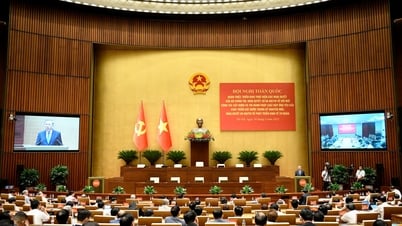












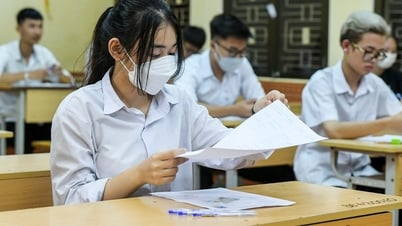


















































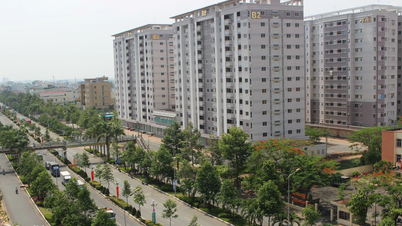



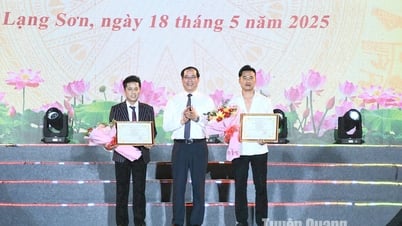













Comment (0)